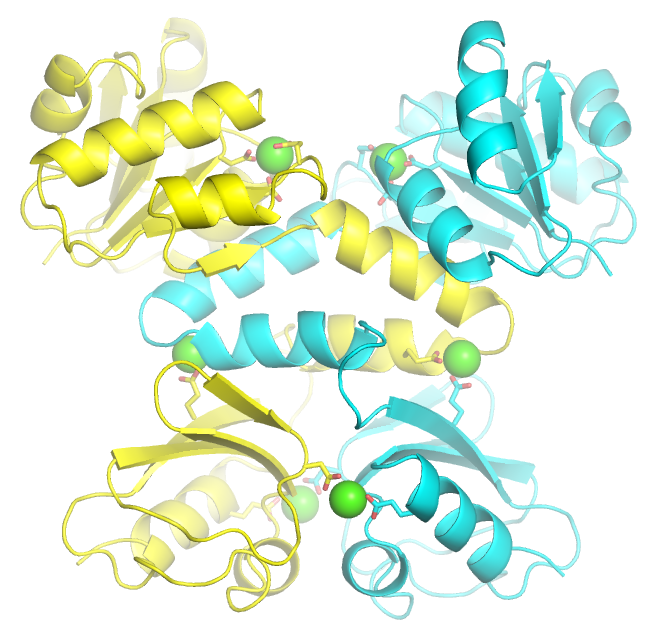BK channel structure and pharmacology
Large conductance calcium-activated K channels (also called SLO-1 or BK channels) play a key physiological role in controlling activity of nerve and smooth muscle, as well as setting the resting membrane potential in epithelial cells. Deletion of BK channel pore-forming (alpha) or modulatory (beta) subunits in gene-targeted animal models can lead to diseases that include arterial hypertension, bladder and erectile dysfunction, and neurological disorders including epilepsy; mutations in human BK channel subunits are linked to generalized epilepsy with paroxysmal dyskinesia (GEPD), asthma, and autism spectrum disorders, and BK channels are upregulated in prostate and other cancers. Selective BK channel activators, as well as inhibitors, could thus become components of treatment regimens for cardiovascular/neurological disease and brain and prostate cancers.
To exploit BK channels as a potential medical target, we are working toward expanding our molecular arsenal of BK channel activators and inhibitors, as well as learning the mechanisms of action for these drugs. Doing so will lead to advances in an overall effort to understand BK channel gating mechanisms and ultimately find new treatments for disease.
Our approach has included a combination of 1) cell-based fluorescent screening, which is aimed at discovery of novel gating modulators for BK channels comprised of tissue-specific subunit combinations (in collaboration with Dr. Marlene Jacobson); 2) ultra-large in silico screening, in which millions of compounds are docked into specific drug-binding pockets in the channel by computational methods, to identify novel gating modulators (in collaboration with Dr. Vincenzo Carnevale, Temple University Institute for Computational Molecular Science); and 3) electrophysiological and biochemical experiments performed in our laboratory, aimed at identifying drug receptor sites on the channel and molecular mechanisms of action.
This research will generate new pharmacological research tools to modulate BK channels, and also yield fundamental insights toward BK channel gating mechanisms that may further lead to new treatments for disease.
This project is supported by NIH grant R01 GM126581.
